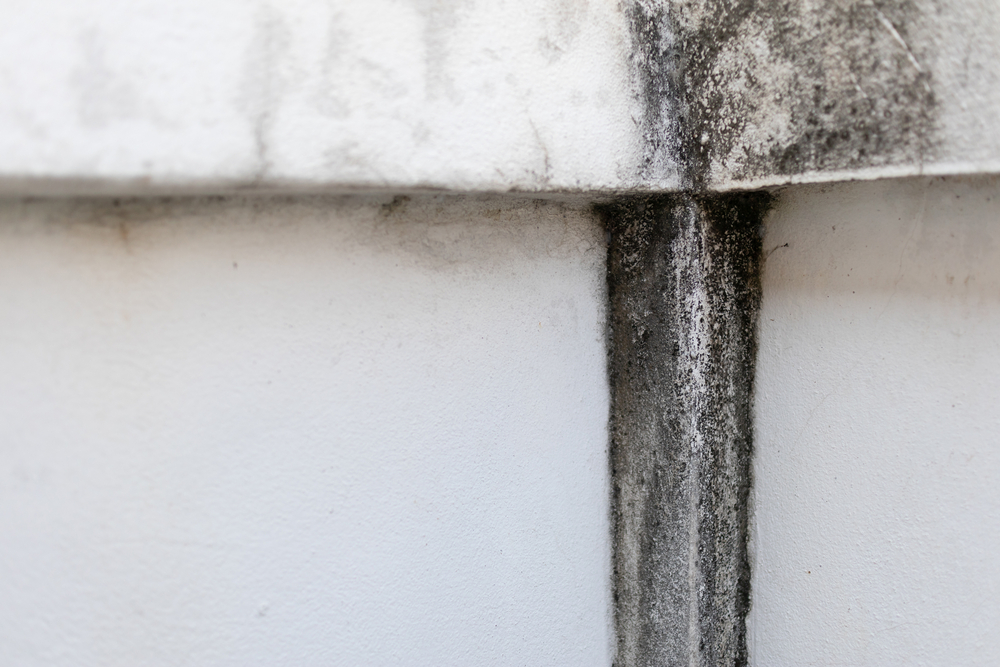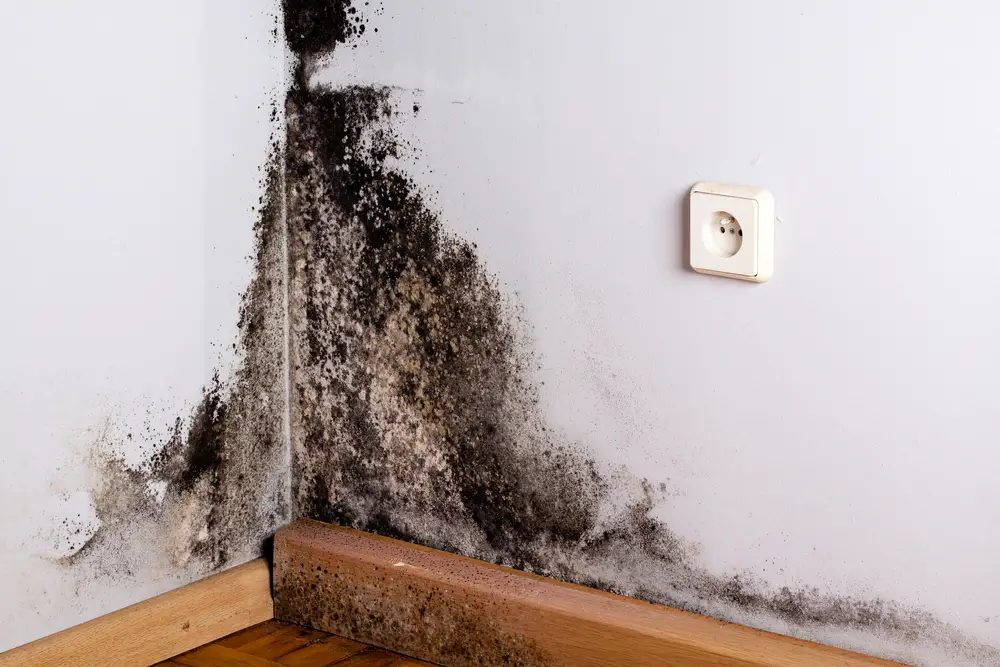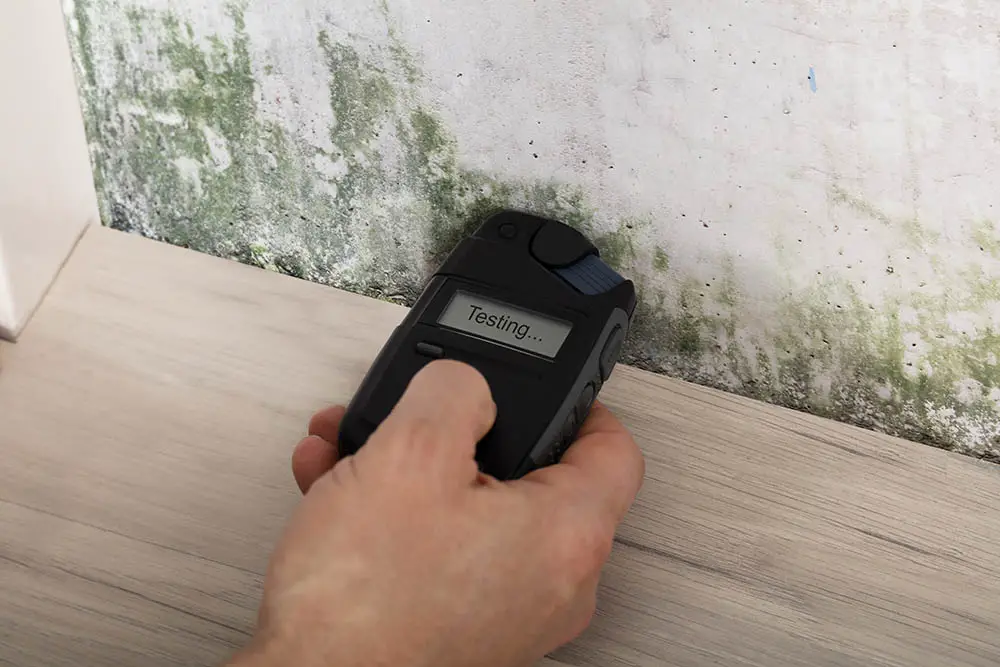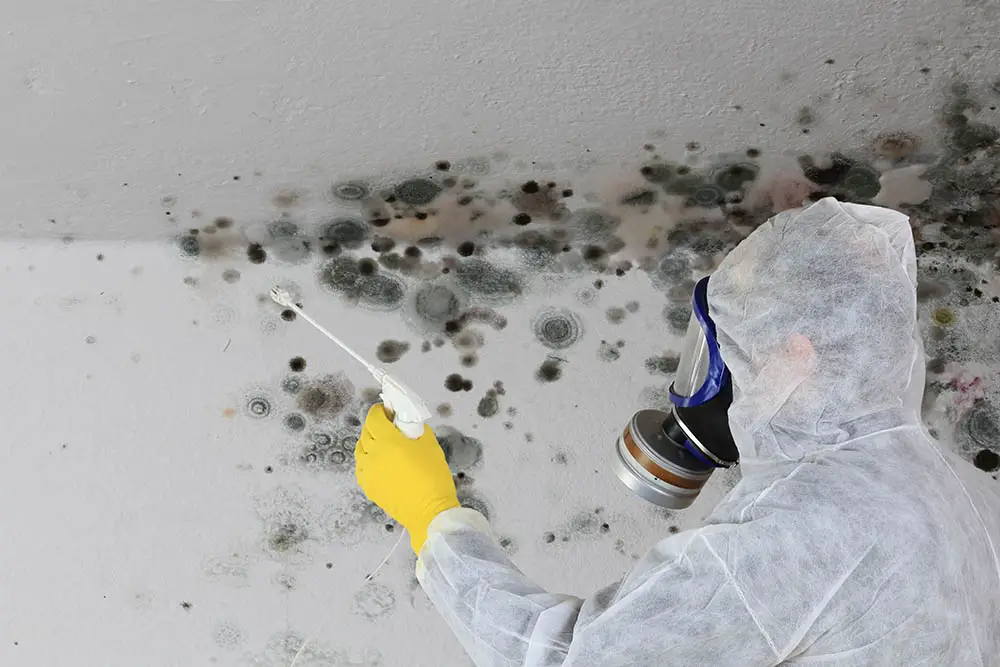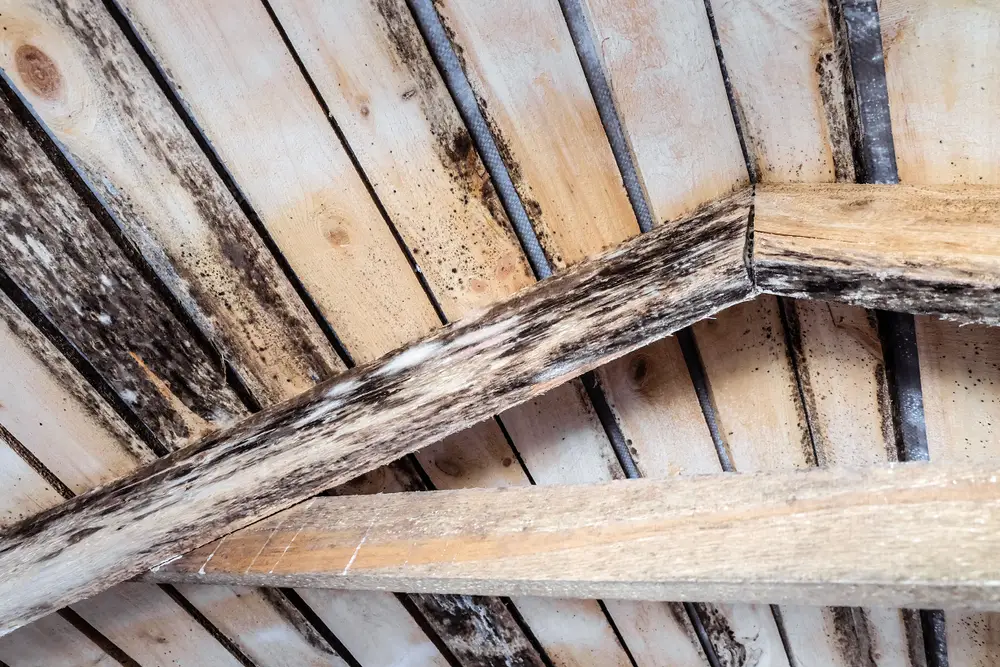Many homeowners are not aware of the hidden health effects of mold exposure. Mold is a type of fungus that can grow anywhere, especially in damp and dark places. It is a common problem in homes and buildings, but it can also cause serious health issues for those who are exposed to it. Let’s discuss the dangers of mold exposure in your home or office, specifically the health effects of mold exposure, how it affects the respiratory and immune systems, and mental health, who is most at risk, and how to keep your home mold-free.
What are the Health Effects of Mold Exposure?
Mold can cause a wide range of health problems, including respiratory issues, allergic reactions, and mental health problems. Exposure to mold can also worsen existing health conditions, such as asthma and allergies. In some cases, it can even lead to serious long-term health problems, such as lung infections and neurological issues.
How Does Mold Affect the Respiratory System?
Mold can have a significant impact on the respiratory system, especially for people who have asthma or other respiratory conditions. When mold spores are inhaled, they can trigger an allergic reaction, which can cause symptoms such as coughing, wheezing, and shortness of breath. Long-term exposure to mold can also lead to respiratory infections, such as bronchitis and pneumonia.
How Does Mold Affect the Immune System?
Mold can also affect the immune system, making it harder for the body to fight off infections and illnesses. This is especially true for people who have weakened immune systems, such as those with HIV/AIDS or cancer. People who are exposed to mold on a regular basis may also be more susceptible to infections, as their immune systems are constantly weakened by the presence of mold.
How Does Mold Affect Mental Health?
In addition to physical health problems, mold can also have an impact on mental health. Studies have shown that exposure to mold can lead to symptoms of depression and anxiety, as well as cognitive problems such as memory loss and difficulty concentrating. These symptoms can be particularly problematic for people who already have mental health conditions, as they can worsen existing symptoms.
Who is Most at Risk for Mold Exposure?
While anyone can be exposed to mold, certain groups of people are more at risk than others. This includes people who live in damp or humid environments, such as coastal areas or areas with high levels of rainfall. It also includes people who live in older homes or buildings, as these structures are more likely to have mold problems. People with weakened immune systems, respiratory conditions, and allergies are also more at risk for mold exposure.
Conclusion: Keeping Your Home Mold-Free
Now that you understand the health effects of mold exposure, it is important to take steps to keep your home mold-free. This includes keeping your home dry and well-ventilated, fixing any leaks or water damage as soon as possible, and regularly cleaning and disinfecting areas where mold is likely to grow. If you do experience symptoms of mold exposure, such as respiratory issues or allergic reactions, seek medical attention right away.
We hope this has been informative and has helped you understand the dangers of mold exposure.


